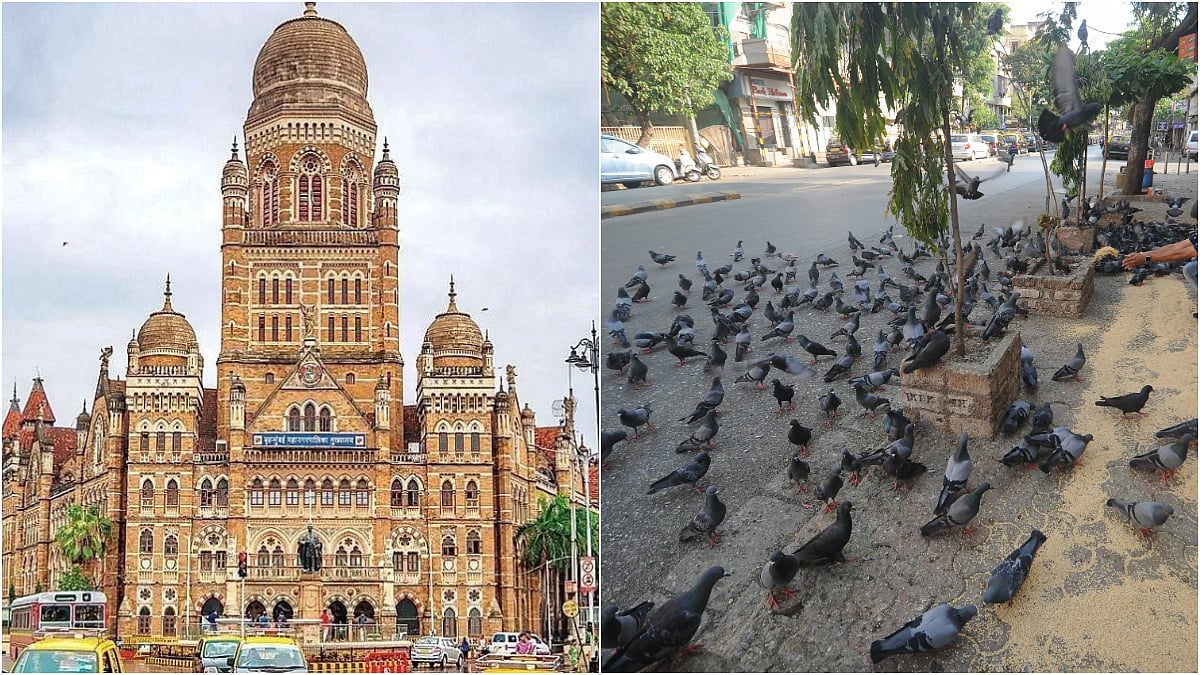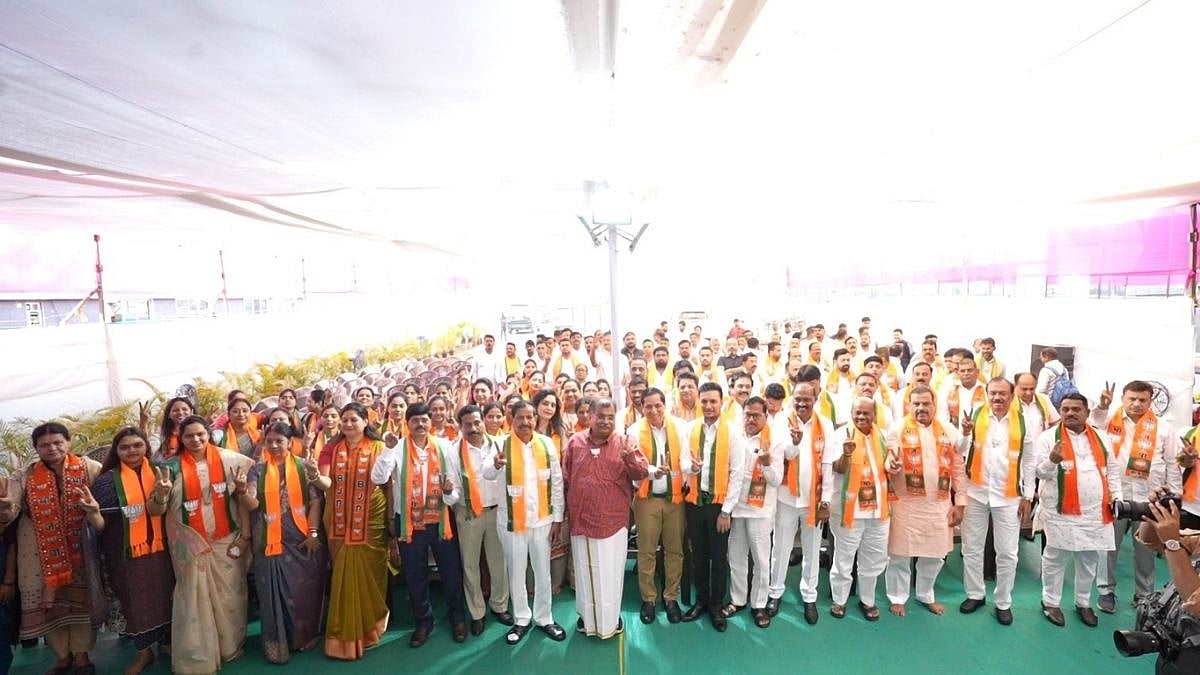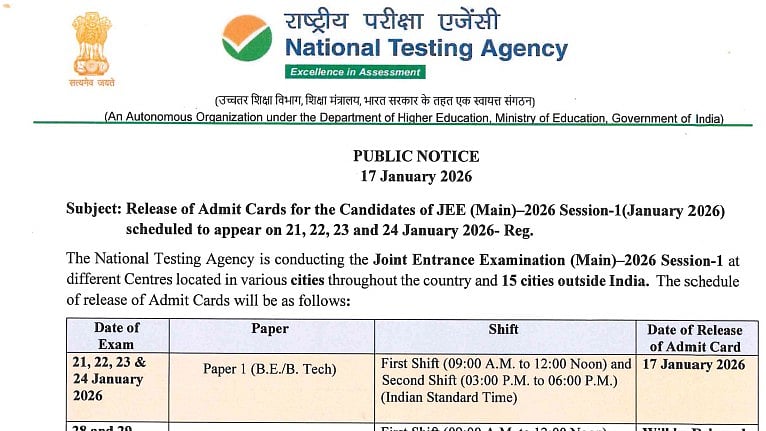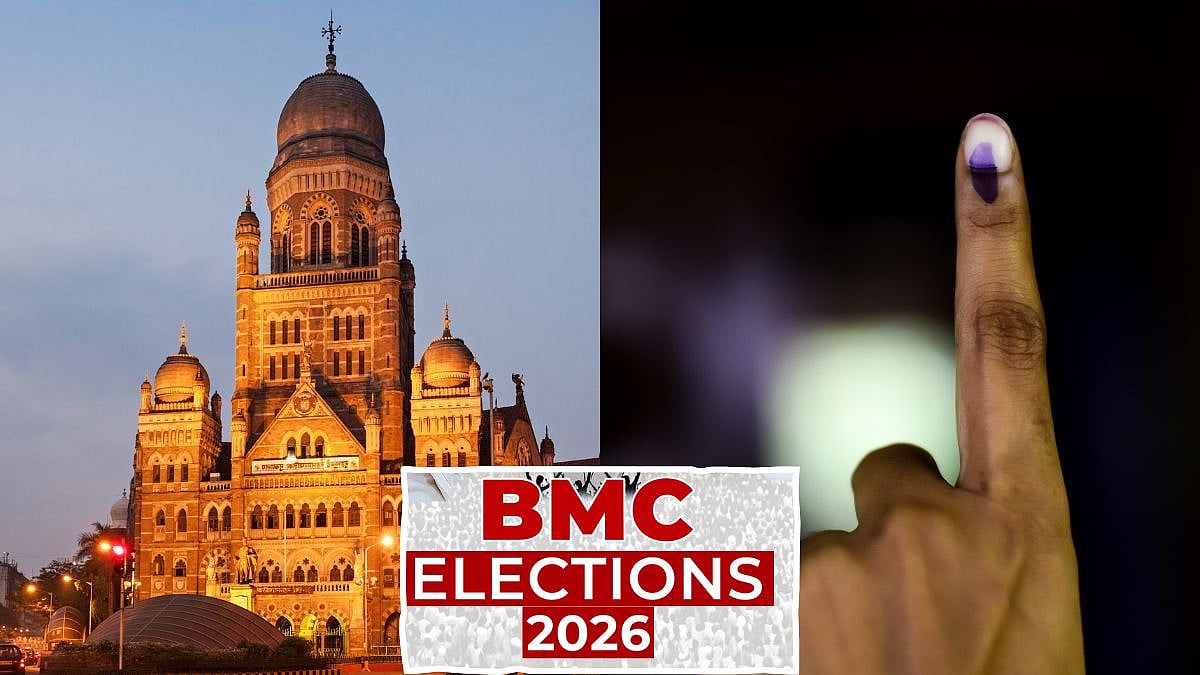The Brihanmumbai Municipal Corporation’s (BMC) proposal to restrict pigeon feeding to just four secluded zones in Mumbai has sparked outrage from animal welfare activists, religious leaders, and community groups, who have condemned the move as both “cruel” and “insensitive” to long-standing cultural and religious traditions.
Four Proposed Feeding Zones Identified
Nearly three months after banning pigeon feeding in public spaces across Mumbai, the BMC is now evaluating four new locations for the activity near Sanjay Gandhi National Park (SGNP), Aarey Milk Colony, a mangrove patch in Wadala, and Gorai.
The proposed areas have been selected for being away from dense residential zones, aiming to minimise health risks. The move follows a meeting between BMC Commissioner Bhushan Gagrani and a delegation from the Jain community, which requested the civic body to designate specific sites for pigeon feeding a religious practice deeply rooted in Jain traditions.
Animal Rights Activists Call Policy ‘Cruel and Illogical’
Animal rights advocates, however, argue that the restrictions will cause immense suffering to the birds. They claimed that pigeons have become accustomed to being fed at specific locations, and suddenly cutting off their food sources amounts to cruelty.
Activists also questioned the logic behind allowing feeding at only four spots while shutting down 51 kabutar khanas across the city.
Sneha Visaria, founder-trustee of Just Smile Charitable Trust and one of the three petitioners who moved the Bombay High Court in defence of the pigeons, said,
“How will BMC educate the pigeons about following their rule by flying to the specific feeding zone to feed themselves? Pigeons are suffering amid such illogical plans and delayed decisions. The state government has no value for their lives.”
Call for Monitored Feeding and Timely Action
Visaria suggested that monitored feeding is the only practical solution to ensure pigeons do not suffer while addressing public health concerns.
She further mentioned that the state had sought suggestions and objections from citizens regarding the issue and was expected to submit a report within a month — but failed to do so even after more than two months.
Debate Over Balancing Compassion and Public Health
The controversy has reignited a broader debate over how Mumbai manages its urban wildlife and public spaces. Supporters of the policy insist that pigeon feeding should be regulated to prevent health hazards and maintain civic cleanliness.
However, critics argue that banning or restricting feeding to only four secluded zones is extreme and disregards both compassion and cultural heritage.

Activists Cite Constitutional Duty Towards Animals
Roshan Pathak, an animal rights activist at Pure Animal Lovers (PAL) Welfare Foundation, said,
“How can BMC expect a feeder from Dadar to travel to SGNP or Aarey daily to feed pigeons? The state is practicing different rules for birds when Article 51A says that every citizen has the fundamental duty to protect and improve the natural environment, including forests, lakes, rivers, and wildlife, and to have compassion for living creatures. This duty underscores a constitutional responsibility for environmental and animal welfare — but here, neither the state is fulfilling its duty nor letting us do it.”








